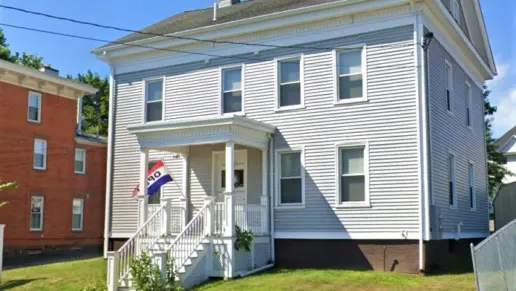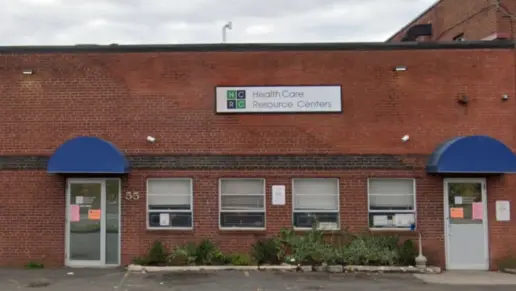The workers of this place are excellent, very attentive to the needs of the clients. They have very flexible schedules so that the patients can visit them at the most convenient time
About Liberation Programs
Liberation Programs Bridgeport Outpatient Services support adults seeking flexible treatment for substance use disorders in Bridgeport, Connecticut. They can also help you recover from co-occurring disorders to build a promising tomorrow as you reconnect with the state’s most populated city. This is when someone simultaneously suffers from both addictive behavior and mental issues.
They provide a six weeks outpatient treatment that focuses on helping you achieve or maintain recovery for life. You’re encouraged to stop “using” and improve your quality of life through conscious behavioral changes. This may involve reconnecting with your family, stopping illegal activities and becoming gainfully employed. They also provide information, tools and support to help you stay safe regardless of your commitment to treatment. This aligns with the harm reduction treatment approach that aims to reduce overdose deaths.
Their treatment options include intensive outpatient programs (IOP) and medication assisted treatment (MAT). You’ll first undergo an assessment or evaluation. This helps the clinical team craft personalized treatment plans tailored to your needs. Their IOP involves individual and group counseling alongside family therapy that helps strengthen your support network.
Group counseling lets you interact and share experiences with others facing similar issues. It’s an avenue to build lasting friendships while developing skills that promote sober living. These include effective communication, stress/anger management and problem solving. Individual counseling provides a safe space to address personal issues affecting your recovery with your therapist. You’ll set goals and learn tools for handling cravings or difficult emotions. It empowers you to take control of your journey toward lasting change.
The facility also offers relapse prevention programming and support groups facilitated by recovery coaches. Support groups are another great way to connect with people who understand what you’re going through. This makes your recovery less isolating. Group members can offer encouragement, accountability and motivation to keep you on track. It’s all about building strong support networks and healthy coping skills to prevent relapse.
Their IOP may incorporate medication assisted treatment. You can also receive MAT as a standalone therapy option. The technique uses counseling and medicines to deliver “whole person” recovery. The facility offers various choices of meds approved by the FDA for their MAT program. Available options include buprenorphine, Vivitrol and methadone. These meds curb cravings and reduce withdrawal symptoms. This enables you to respond better to therapeutic interventions. Combining meds and counseling this way tackles the psychological and physical aspects of the addiction.
The most appealing feature of their IOP is its inherent flexibility. Sessions are designed to fit your schedule. This ensures you’ll maintain your work commitments while receiving treatment. This facility is accredited by CARF, which indicates a commitment to quality care. This is validated by the testimonies of past clients.
Latest Reviews
Rehab Score
Gallery
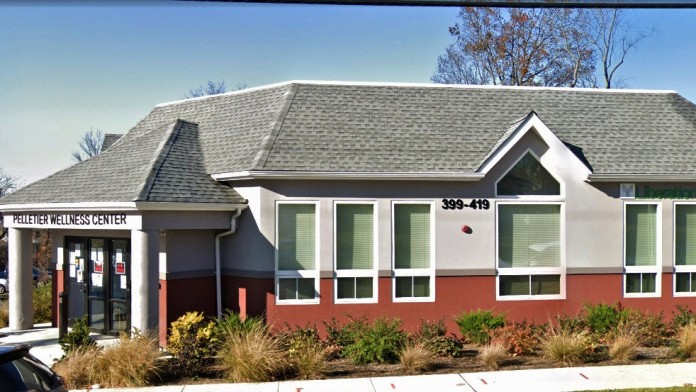
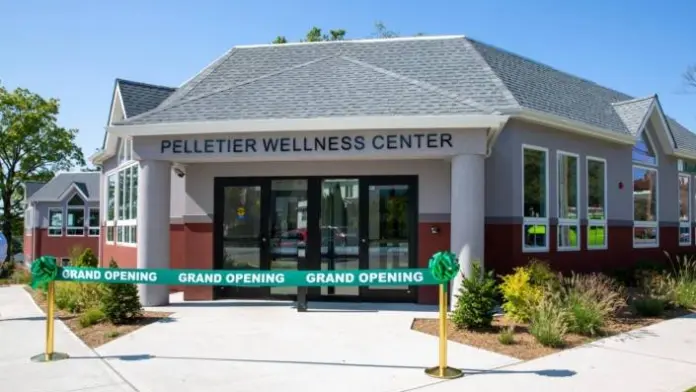
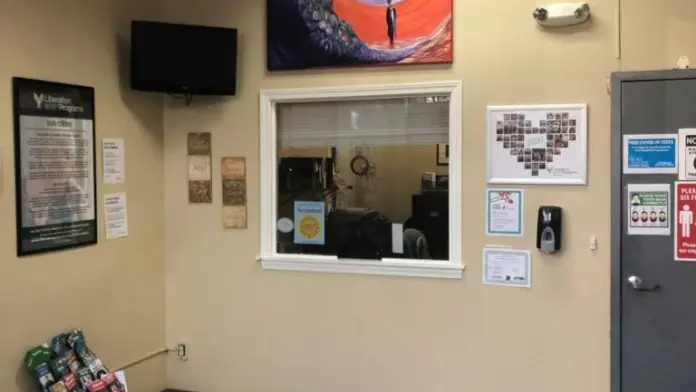
Location
Other Forms of Payment
Medicaid is a state based program that helps lower-income individuals and families pay for healthcare. Medicaid covers addiction treatment so those enrolled can use their coverage to pay for rehab. When a program accepts Medicaid the client often pays very little or nothing out of their own pocket.
Private insurance refers to any kind of healthcare coverage that isn't from the state or federal government. This includes individual and family plans offered by an employer or purchased from the Insurance Marketplace. Every plan will have different requirements and out of pocket costs so be sure to get the full details before you start treatment.
Self-pay involves paying for treatment out of your own pocket. You can use savings or credit, get a personal loan, or receive help from family and friends to fund your treatment. If you don't have insurance or your insurance plan doesn't cover a specific program, self-pay can help ensure you still get the care you need.
Medicare is a federal program that provides health insurance for those 65 and older. It also serves people under 65 with chronic and disabling health challenges. To use Medicare for addiction treatment you need to find a program that accepts Medicare and is in network with your plan. Out of pocket costs and preauthorization requirements vary, so always check with your provider.
Addiction Treatments
Levels of Care
Treatments
The goal of treatment for alcoholism is abstinence. Those with poor social support, poor motivation, or psychiatric disorders tend to relapse within a few years of treatment. For these people, success is measured by longer periods of abstinence, reduced use of alcohol, better health, and improved social functioning. Recovery and Maintenance are usually based on 12 step programs and AA meetings.
Drug rehab in Connecticut provides the professional support that is often necessary to break free from drug dependency. With proper treatment, individuals can make changes that restore balance and health to their lives and achieve long-term recovery.
Opioid rehabs specialize in supporting those recovering from opioid addiction. They treat those suffering from addiction to illegal opioids like heroin, as well as prescription drugs like oxycodone. These centers typically combine both physical as well as mental and emotional support to help stop addiction. Physical support often includes medical detox and subsequent medical support (including medication), and mental support includes in-depth therapy to address the underlying causes of addiction.
Substance rehabs focus on helping individuals recover from substance abuse, including alcohol and drug addiction (both illegal and prescription drugs). They often include the opportunity to engage in both individual as well as group therapy.
Programs


Clinical Services
Group therapy is any therapeutic work that happens in a group (not one-on-one). There are a number of different group therapy modalities, including support groups, experiential therapy, psycho-education, and more. Group therapy involves treatment as well as processing interaction between group members.
In individual therapy, a patient meets one-on-one with a trained psychologist or counselor. Therapy is a pivotal part of effective substance abuse treatment, as it often covers root causes of addiction, including challenges faced by the patient in their social, family, and work/school life.
Amenities
-
Private Setting
Accreditations

The Commission on Accreditation of Rehabilitation Facilities (CARF) is a non-profit organization that specifically accredits rehab organizations. Founded in 1966, CARF's, mission is to help service providers like rehab facilities maintain high standards of care.
CARF Accreditation: Yes

The Substance Abuse and Mental Health Services Administration (SAMHSA) is a branch of the U.S. Department of Health and Human Services. Established in 1992 by congress, SAMHSA's mission is to reduce the impact of substance abuse and mental illness on American's communities.
SAMHSA Listed: Yes
Contact Information
399 Mill Hill Avenue
Bridgeport CT, 06610
